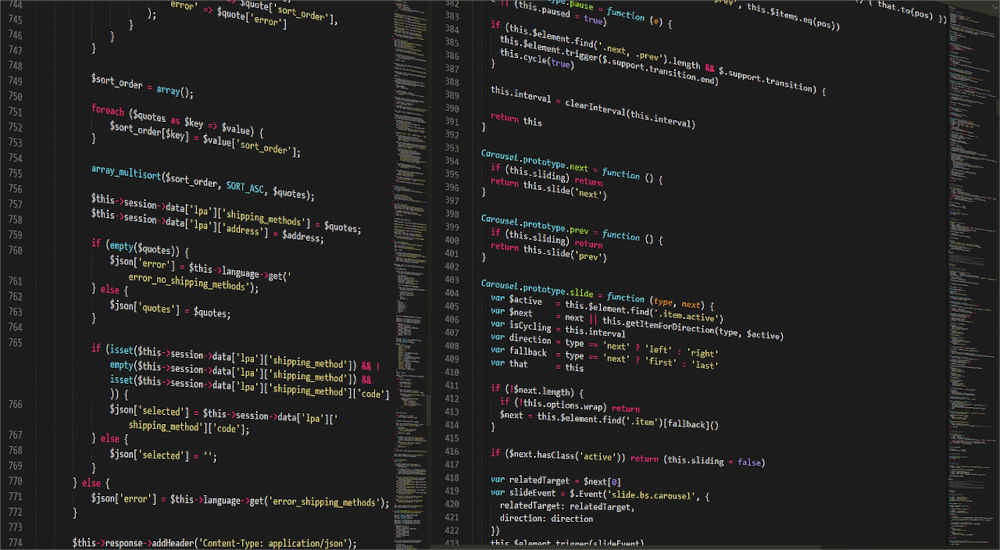Infinite Scrolling refers to a website design where there is no fixed height – and thus amount of content – but instead the page keeps displaying new material as the user reaches the perceived bottom of the page.
You might not immediately see anything particularly important about this, beyond its role as a design element. That is, most people might simply shrug and dismiss it as a simply functional element, limited to webpage design.
The truth is, infinite scrolling is an incredibly insidious factor of ideology and cultural destabilization.
As I’ll analyze in this post, infinite scrolling is responsible for both propagating mediocrity and destabilizing perceptions. Of course, the two are directly relevant to one another.


